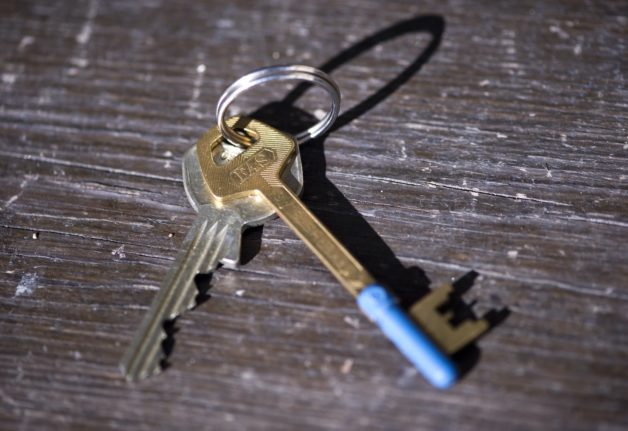“It’s not okay to take payment for the overnight rooms of the emergency service at Gårda” said Ingrid Andreae, spokesperson for the Gothenburg emergency services, to Sveriges Radio (SR) on Monday.
“It’s completely unacceptable”.
According to the report, the station has been illegally collecting money from visiting guests for the past few years and using it for their own benefit, instead of declaring the income to the municipality.
The head of the department told SR that the income has totalled hundreds of thousands of kronor and has been used for everything from TVs, food and armchairs.
Andreae said that the department’s actions were wrong on three counts.
First, she told SR, employees cannot rent out the station premises for money.
Second, the emergency services have no business engaging in youth hostel ventures.
And lastly, she explained, the service’s reputation can be tarnished when such incidences are revealed, and public confidence in the force can be jeopardized.
Although the black market income has been occurring for several years, the department put a stop to it last year, according to SR.
While the earnings will not be demanded back by the municipality, the issue is far from extinguished.
“I don’t know how to handle this, we will have to consult with the auditors,” Andreae said.


 Please whitelist us to continue reading.
Please whitelist us to continue reading.
Member comments